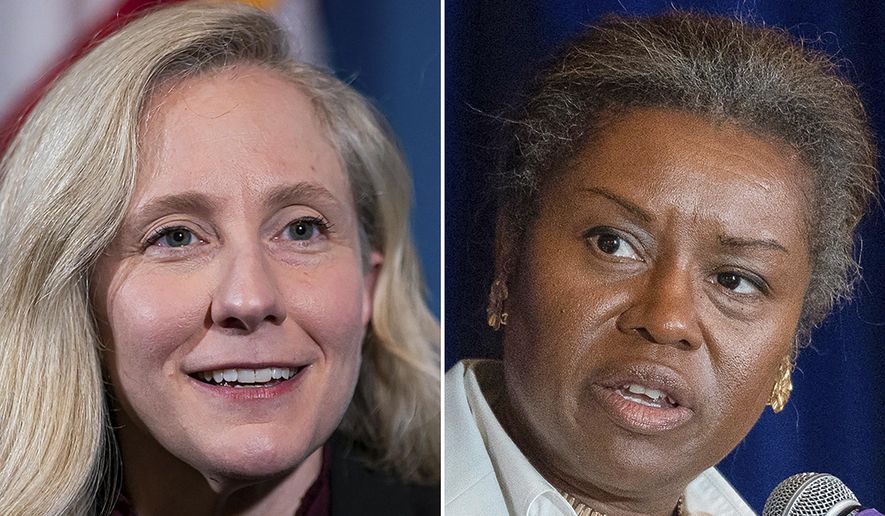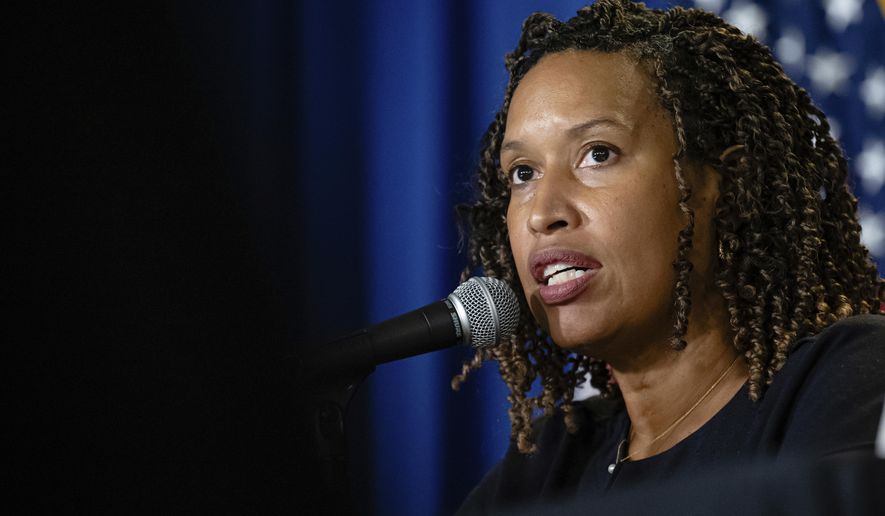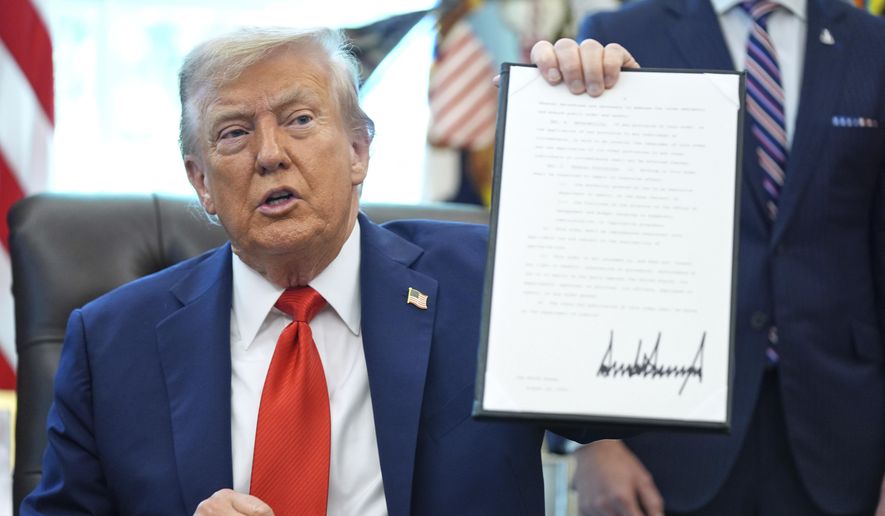President Donald Trump has indicated that he could act unilaterally to abolish mail-in balloting through an executive order ahead of next year’s midterms, but he could face opposition to such a move within his own party, NBC News reported Sunday.
Voter turnout by mail was more than 30% in at least 14 states and the District of Columbia, according to the most recent data available. Trump won half of those states, most of which have Republican governors or secretaries of state overseeing elections.
“My view on vote-by-mail is that I think it should be permissible,” Michigan state House Majority Leader Bryan Posthumus, a Republican who endorsed Trump last year, told NBC News. “But I also believe that currently, the way it exists, specifically in Michigan, it is the highest risk for fraud.”
Posthumus has proposed amending the state constitution to require proof of citizenship to register to vote and a photo ID to cast a ballot.
“We shouldn’t just go off and get rid of voting by mail,” Posthumus said. “We need to buckle down and secure the weakness and vulnerability in it. … I’ve always been a proponent that it should be easy to vote and hard to cheat. As long as our vote-by-mail systems are secure, then the access to the ballot box that it allows for is a good thing.”
Posthumus’ perspective was shared by almost a dozen other Republican officials nationwide who sympathized with Trump’s complaints and agreed that changes to mail-in balloting are necessary. But they question whether Trump could — or should — legally enact a ban.
Some also worry a ban could create issues for members of the military who vote overseas and for Republican candidates in states where voting by mail is popular.
“As Trump often does, sometimes he overstates his case,” said Paul Dame, chair of the Vermont Republican Party. “I don’t think anyone supports a complete elimination. That would disenfranchise men and women overseas. I’m sure that’s not his intention.”
If Trump were to sign an executive order banning mail-in voting, plenty of political and legal issues would remain, as the Constitution gives each state the right to determine the “times, places, and manner” of House and Senate elections, NBC News pointed out.
In addition, although the president and Congress can pass laws that would override those state-level election laws, that would be difficult for Trump and his allies, especially in the Senate, where Democrats can block legislation.
© 2025 Newsmax. All rights reserved.






















